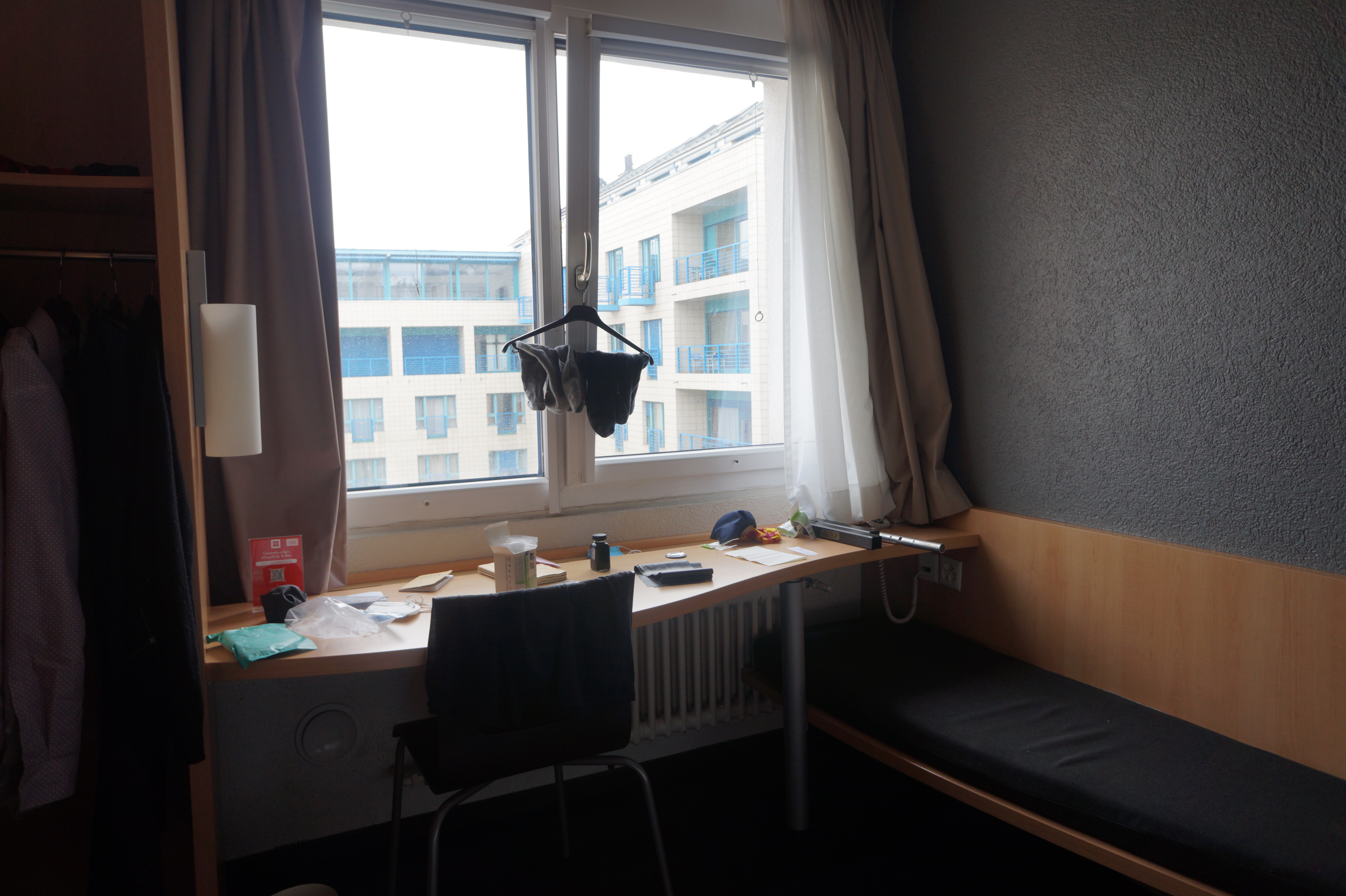[FMAL-06] Newsletter to the Bees
It’s been a long day, and I needed to talk to the bees. So you get to listen in.
Bernard Soubry. Fondue, and Maybe a Lake. Sixth email.

Oh, bees; oh, hives set on the green roof of the conference centre where I spend my days; oh, nameless-to-me bees, who live in the green corner where I hear swallows singing when I come out to the terrace for my lunch break, between the Latin American delegates smoking in a huddle and the Russian delegate alone in the corner with her egg salad; oh, bees, I have come to give you the news.
Sad days, bees. Everyone is tired because everyone has been going on for so long that there is no time for anything but work and eat and sleep. No time to talk to you, bees; no time to read books. Every delegate I talk to today is tired, everyone ruefully shaking their head and saying, “oh, you know, we’re getting there,” and shuffling off with the body of someone who is really not getting there. One of the higher-ups at the CBD came by last night when we were editing and said that “we’re not where we hoped, but we’re where we expected.”
Which is one heck of a kick to the back of the knees, bees.
There is a kind of cynicism that hides itself in the clothes of incremental progress. It’s very easy to gloop your mind into the Jell-O mold that is the negotiation’s parameters, which become a virtue in and of themselves. Stay in the conference center long enough and your priorities shift. Slowly, surely, the goal becomes not the rallying of humanity to keep at bay the wave of environmental destruction that we have visited upon ourselves; it just becomes getting the meeting done on time.
Like today, bees—we were half an hour over a three-hour contact group and the co-chair called for observers to make statements. “Observers” in this case means the Women’s Constituency, and Indigenous Peoples, and Youth. I had been taking notes on this thing for more than an hour straight, and I was tired and hangry, and what I thought was not, “thank God, they’re finally letting some of the most vulnerable speak”, but “geeze, these guys aren’t even going to matter in the final text, let’s just go to lunch.”

This is what a negotiation does to you: you lose focus. You don’t want to stop biodiversity loss; you want to get out of the room so that you can eat. And so you come to occupy a moral ground dictated by dopamine levels rather than any sense of ethical clarity, such that anything that nudges you toward completion is a good thing, rather than the absolute goal of what you came here to do.
Standards slip. You don’t try to set any targets; you try to clear up the target text's disagreements, no matter how, so that you can move to the next paper. You don’t agree on where the money comes from; you finish the discussion on whether the money is necessary by deleting the paragraph about funding. Success comes to be measured by getting out of the plenary alive. Not by, you know, getting out alive.
Which is terrifying, right, bees? I have a niece and a nephew and nonbiological equivalents scattered around, and I love them so much my heart grows hot thinking of them. They like ducks and rocks and walking by rivers, and making mud puddles and snow forts. Isn't part of why do this work tethered to them? Isn’t there a part of me that remembers that finishing isn’t enough, if that thing doesn’t change minds and policy? That winning slowly is just losing? And doesn't anyone here think that?
I know, bees, that you’re hardly the ones who need a reminder of that right now.
So, sad day, bees; sad day, workers of the hive and queens and little pupae. The kind of day when you step back and feel the terrifying whoosh of air under your foot, like backing into an open staircase. I wonder if other people here are feeling that, or if they’re still pure of heart and spirit. Or if they’re just getting lunch.
Of which I brought you some, by the way. Oh, good, you’re already all over my plate. Enjoy the cake.

Yours ever and always,
B